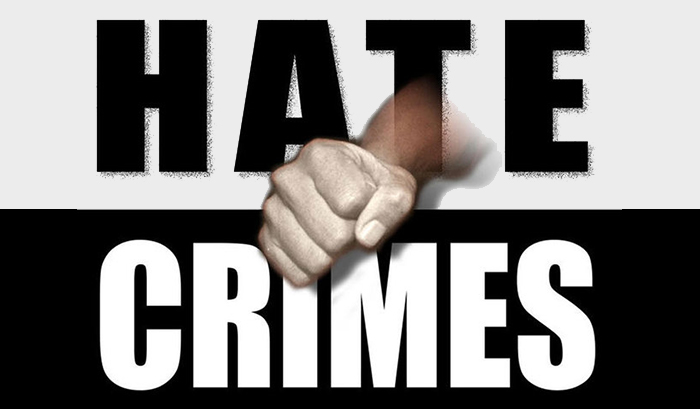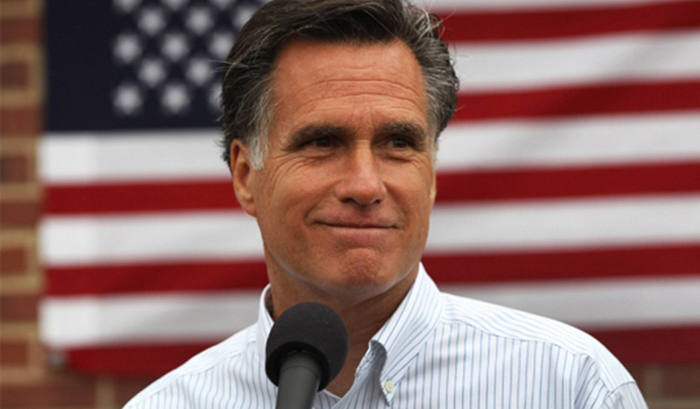It was absolutely thrilling yesterday afternoon, from Bilson’s Davis’s opening words, to be sitting in the audience at the Senior Center for the most nearly perfect Martin Luther King Day program I have witnessed.
With a single deft touch, landing the sensationally effective documentarian Orlando Bagwell, Mary Ann Green’s Planning Committee devised a model that deserves Culver City’s gratitude.
It is a beautiful model for the rest of America to study.
The day — mainly because of the brilliant Mr. Bagwell — was a spectacular success. It should be packaged and marketed around the country to communities that stagger as they try to figure out how to organize a proper tribute to Dr. King that also will resonate with their citizens.
Panning the Panelists
The non-Bagwell part of the afternoon was strictly filler, it must be reported, as essential to King Day as shoes are to tweety-birds. Sorry, students. The student portion of the day was pure family stuff. It should have been kept in the classroom.
The only downside was the Bad Penny Panel. It keeps showing up every King Day as if the producer is forced to cast his talentless brother-in-law or face a fight at home with his wife.
Avery Clayton, who, in honor of his mother, operates the Mayme A. Clayton Library and Museum on the site of the Old Courthouse on Overland, was terrific as a communicator of powerful and clearly reasoned ideas. He should have been on stage alone with Mr. Bagwell.
The other four panelists occupied same role a stained doily does on your grandmother’s couch. It was a mechanical gesture to invite the three high school students. No doubt, they are nice girls. But they had nothing to contribute.
Look Who Was Back
Finally, there is the Bad Penny Muslim
My guess is that Shakeel Syed must be owed money by an influential person associated with the King Day program. How else to explain his inclusion every year? He is angry, he packs a dime-store accent, and when he can be understood, his message is depressing.
Before liberals got drunk on power a few years ago and decided, in their typically hamhanded manner, to lump together Mr. Lincoln’s birthday and Mr. Washington’s birthday, birthday tributes to American heroes were as easy to plan as exposing liberal insincerity.
Even a dummy could have organized Lincoln or Washington programs, and often did. You simply assembled the big parts. Both men had been dead for most of history, and neither was controversial.
Why This Case Is Complex
Honoring Dr. King is much more complicated. Most Americans alive today remember when Dr. King was alive. Long ago, they formed, in cement, their opinion of Dr. King.
He is a genuine hero, easily the tallest American and world hero of the last century.
He is a great man. He is of considerably greater accomplishment than anyone alive today.
This, alone, is tough for some Americans to swallow. How could authentic heroism could occur so recently, so modern-ly? We were taught in school that the older history was, the older a tradition was, the greater it was.
During the1960s, our always-predictable liberal friends forcibly educated Americans to loathe heroes. As any child could have told them, this would backfire. It has.
I believe Dr. King’s merited mantle of greatness, and his national holiday, have had trouble gaining optimal nationwide traction for three reasons:
- Race is at the nexus of Dr. King’s greatness.
- He lived so recently that his unprecedented — and unmatchable — accomplishments do not resonate with the historical authority of a man who lived in the 17th or 18th centuries.
- He is black.
Obviously, not one of those citations is fair.
But American made so much progress in its racial mentality during Dr. King’s dozen or so years on stage.
America has made so much progress in the 40 winters since his assassination. The only honest intellectual barometer is to measure how far we have traveled, not how far we have to go.
Only a steady drumbeat of education, in and out of the classroom, about Dr. King, plus the passage of time — which is as crucial — will resolve any of the three huge hurdles cited above.
It is not fair that Dr. King should have to wait to be crowned by all Americans with a hero’s halo when, by my reading of history, Lincoln and Washington did not.
As your mother told you, if she was smart, life is not fair. Look how far we have come, fellow Americans. Do you think America would have cohered to anything resembling a King Day 50 years ago in 1958? A George Wallace Day, yes. But not for a non-white.
Meanwhile, at the Senior Center…
From the time a lady of my acquaintance named Hyacinth greeted me with a radiant glow a little before 2 o’clock yesterday, I sensed a show-stopper awaited us.
Just several years ago, we were chastising Culver City for not even acknowledging Dr. King. And now they have soared from a standing start to an afternoon that should be the gold-standard for America.
Unscripted, unbidden and not listed in the program, members of the audience were so inspired by the overwhelming strength of Mr. Bagwell’s 90-minute verbal and film tribute that their stirring souls forced them to passionately leap into the fray. Their cogent comments drowned out the inconsequential responses from the panel, except for Mr. Clayton.
Taking Names
I hope someone took the name of the outspoken young black woman in the second row. She should be included in next year’s program.
If Ms. Green, the chair of the Planning Committee, had handed a breath-by-breath script to all 300 on-fire members of the audience, she could not have prayed for a more resounding, rewarding outcome. Audience reaction was sensational — passionate and coherent, exactly what every producer, and admirer of Dr. King, dreams about.







